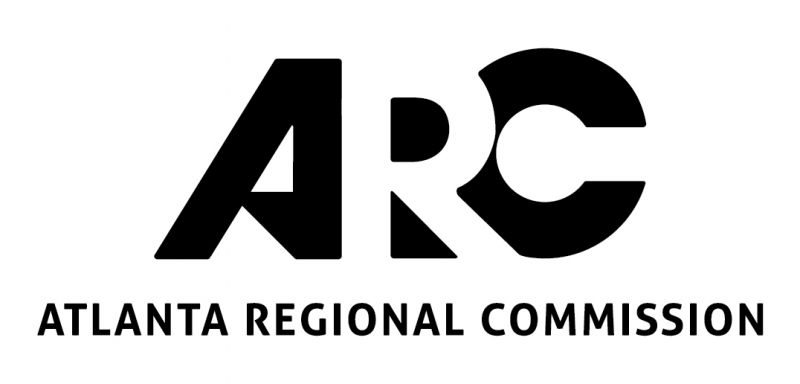The Atlanta Regional Commission (ARC) board today approved the Atlanta Region’s Plan, a long-range blueprint that details the investments and programs needed to ensure metro Atlanta’s future success and improve the region’s quality of life.
The plan, developed with robust public input, incorporates all of ARC’s planning areas: transportation, community development, natural resources, workforce development and aging & health services. The ARC board previously adopted a plan framework that focuses on a three-fold vision: providing world-class infrastructure; fostering healthy, livable communities; and building a competitive economy.
“This plan outlines the steps needed for metro Atlanta to remain a vibrant, dynamic region, with a high quality of life and a thriving economy,” said ARC Board Chair Kerry Armstrong. “It will help improve mobility, create more walkable communities, ensure we have a clean, abundant water supply and meet the needs of our region’s fast-growing population of older adults.”
The plan is available online at www.atlantaregionsplan.com.
ARC forecasts that over the next 25 years, the Atlanta region’s population will grow by 2.5 million – the equivalent of adding all of today’s metro Charlotte. The Atlanta Region’s Plan takes this growth into account, programming funding for new transportation options and encouraging the development of walkable, mixed-use centers and corridors that provide better access to jobs and services.
The plan includes an $85.1 billion investment in the region’s transportation system. Nearly two-thirds of the funds will be needed to maintain existing infrastructure, such as paving roads and repairing bridges, while $28 billion will be spent to expand the region’s transportation network. Expenditures through 2040 include:
· Expansion of the network of managed toll lanes on area highways (I-75, I-575, Ga. 400, I-285 topside, I-20, I-85) promising better commutes for people who ride transit, carpool or pay a toll. Cost: $7 billion (for projects not yet under construction)
· Widening and improving major arterial roads. Cost: $5.8 billion
· Highway interchange improvements – 13 new interchanges and 22 major upgrades. Cost: $3.1 billion
· Potential transit expansion projects (Clayton County, Ga. 400, I-20 East, Clifton Corridor, Connect Cobb, Atlanta BeltLine/Streetcar). Cost: $11.9 billion
ARC and its planning partners throughout the region understand that people of all ages, from young professionals to retiring Baby Boomers, desire more vibrant, walkable places with access to amenities, greenspace and improved housing options.
For example, the Atlanta Region’s Plan includes continued support for ARC’s Livable Centers Initiative, which provides funding for community planning studies and related transportation projects, such as sidewalks and intersection improvements. Through 2040, $318 million is programmed to help communities implement their LCI visions.
The plan also provides policy initiatives and investments designed to help people remain in their communities as they age. This includes transportation, caregiver support and in-home services, such as home-delivered meals.
To ensure the region remains economically competitive, the plan includes initiatives such as Aerotropolis Atlanta, an alliance of public and private organizations that seeks to transform the airport area into a world-class economic hub.
“We have much work to do to ensure our region’s future success,” said Doug Hooker, ARC executive director. “While this plan provides clear direction, it will take the entire region, working together, to truly move the needle and make meaningful change.”












Leave a Comment
You must be logged in to post a comment.